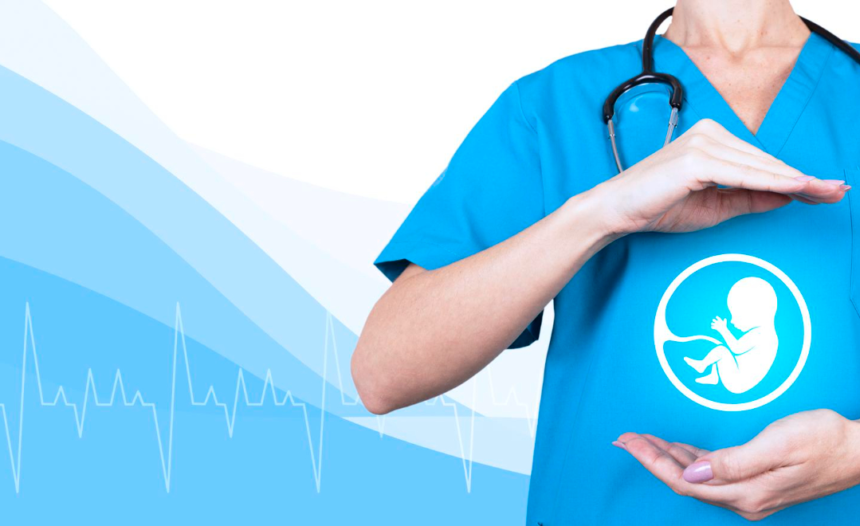Introduction
Fertility and reproductive health are central aspects of a woman’s overall well-being. A gynecologist’s perspective is essential in understanding the delicate balance of hormones, reproductive organs, lifestyle factors, and medical conditions that affect a woman’s ability to conceive and maintain a healthy pregnancy. With advancements in gynecology and reproductive medicine, women today have more options than ever to safeguard their fertility and address challenges related to reproductive health.
Understanding Fertility and Reproductive Health
Fertility refers to the natural capability to conceive, while reproductive health encompasses the overall functioning of the reproductive system, including menstruation, hormonal balance, and pregnancy. From a gynecologist’s viewpoint, both physical and emotional health are deeply connected to reproductive wellness.
Key Factors Influencing Fertility
- Age – Fertility gradually declines after the age of 30 and more sharply after 35.
- Hormonal Balance – Disorders such as PCOS (Polycystic Ovary Syndrome) and thyroid issues can disrupt ovulation.
- Lifestyle Choices – Smoking, alcohol, stress, and poor diet negatively impact fertility.
- Underlying Conditions – Endometriosis, fibroids, or infections may hinder conception.
The Role of Gynecologists in Fertility Care
Gynecologists play a crucial role in diagnosing, treating, and guiding women through their fertility journey.
1. Fertility Assessments
Routine check-ups, ultrasound scans, and hormone testing help assess reproductive health and identify potential barriers to conception.
2. Preventive Care
Gynecologists emphasize preventive measures such as vaccinations (e.g., HPV), regular Pap smears, and early detection of infections to protect long-term fertility.
3. Fertility Treatments
Depending on the diagnosis, treatments may include:
- Ovulation induction medications
- Surgery for blocked fallopian tubes or fibroids
- Assisted reproductive technologies (ART) such as IVF (In Vitro Fertilization)
Common Reproductive Health Concerns
Polycystic Ovary Syndrome (PCOS)
PCOS is one of the leading causes of infertility, characterized by irregular cycles, cysts on the ovaries, and hormonal imbalance.
Endometriosis
This condition occurs when uterine tissue grows outside the uterus, leading to painful periods and fertility challenges.
Uterine Fibroids
Non-cancerous growths in the uterus may interfere with implantation and pregnancy.
Infections
Untreated sexually transmitted infections (STIs) such as chlamydia and gonorrhea can cause pelvic inflammatory disease (PID), damaging the fallopian tubes.
Lifestyle and Fertility: A Gynecologist’s Advice
Gynecologists often emphasize that lifestyle choices directly impact reproductive health.
- Balanced Diet – Foods rich in folic acid, iron, and omega-3 fatty acids support reproductive wellness.
- Healthy Weight – Both underweight and overweight women face fertility challenges due to hormonal imbalances.
- Stress Management – High stress levels may affect ovulation and menstrual regularity.
- Regular Exercise – Moderate activity boosts circulation and hormonal balance, but excessive exercise can harm fertility.
The Future of Fertility Care
Advancements in technology are transforming reproductive healthcare. Gynecologists are increasingly using AI, genetic testing, and personalized treatment plans to improve outcomes. Techniques like egg freezing provide women the opportunity to preserve fertility for future family planning.
Conclusion
From a gynecologist’s perspective, fertility and reproductive health go hand in hand with overall well-being. With regular check-ups, preventive care, lifestyle modifications, and modern fertility treatments, many barriers to conception can be overcome. Women are encouraged to prioritize reproductive health early to ensure better chances of a healthy pregnancy when the time comes.
FAQs
Q1. At what age should women start thinking about fertility preservation?
Women in their late 20s or early 30s who are not ready for pregnancy but want future options should discuss egg freezing with a gynecologist.
Q2. How does PCOS affect fertility?
PCOS disrupts ovulation, making it difficult for eggs to be released regularly, which can lead to infertility.
Q3. Can lifestyle changes improve fertility?
Yes, maintaining a healthy diet, exercising moderately, reducing stress, and avoiding smoking or alcohol can significantly boost fertility.
Q4. What fertility treatments are available for couples struggling to conceive?
Options include ovulation medications, intrauterine insemination (IUI), in vitro fertilization (IVF), and surgery if needed.
Q5. How often should women visit a gynecologist for reproductive health check-ups?
At least once a year for preventive screenings, or more frequently if experiencing fertility or menstrual issues.

